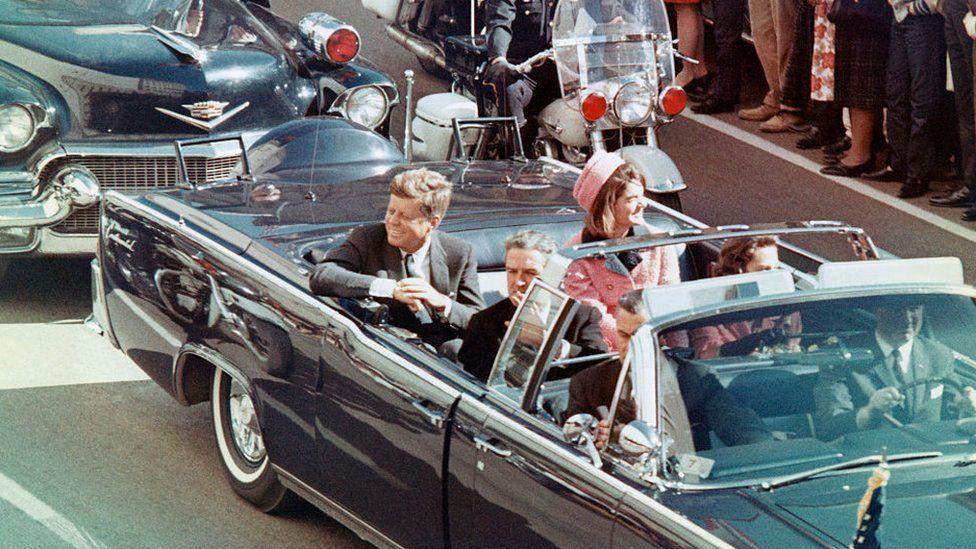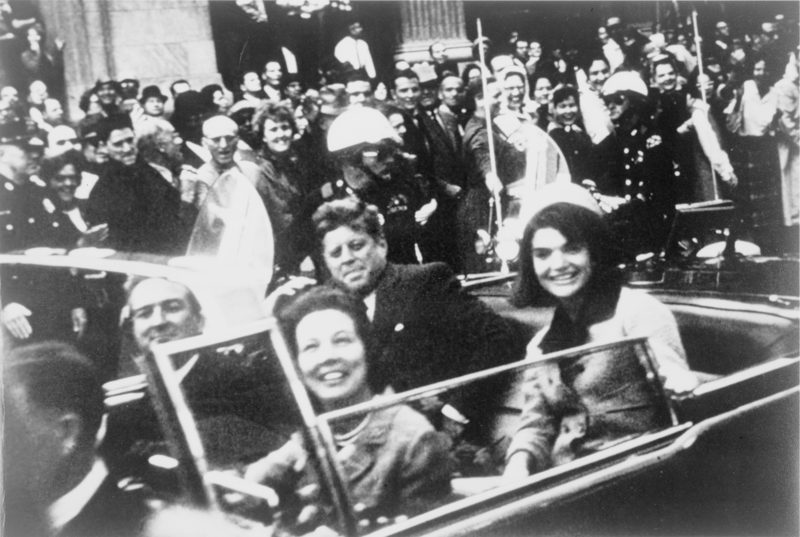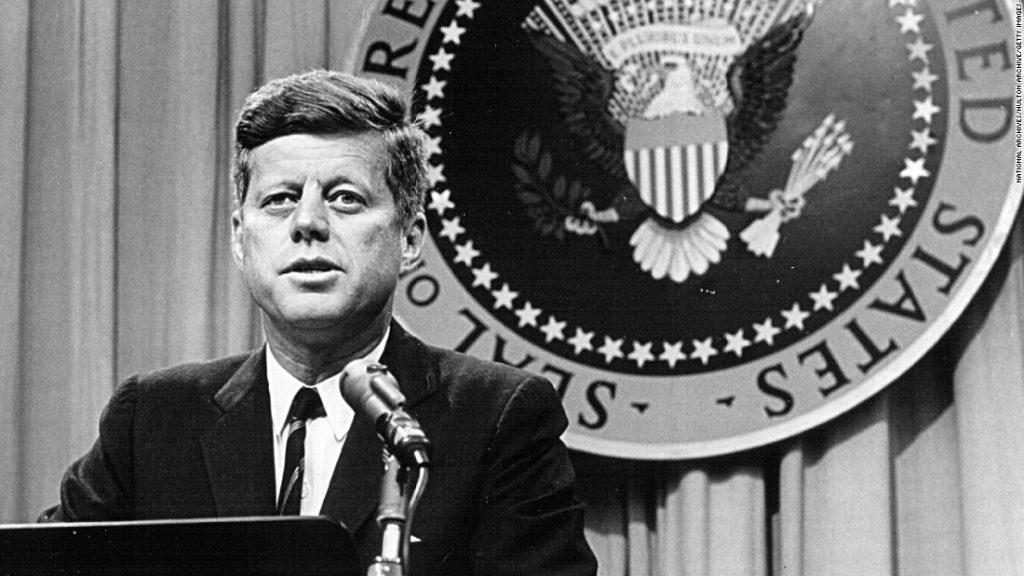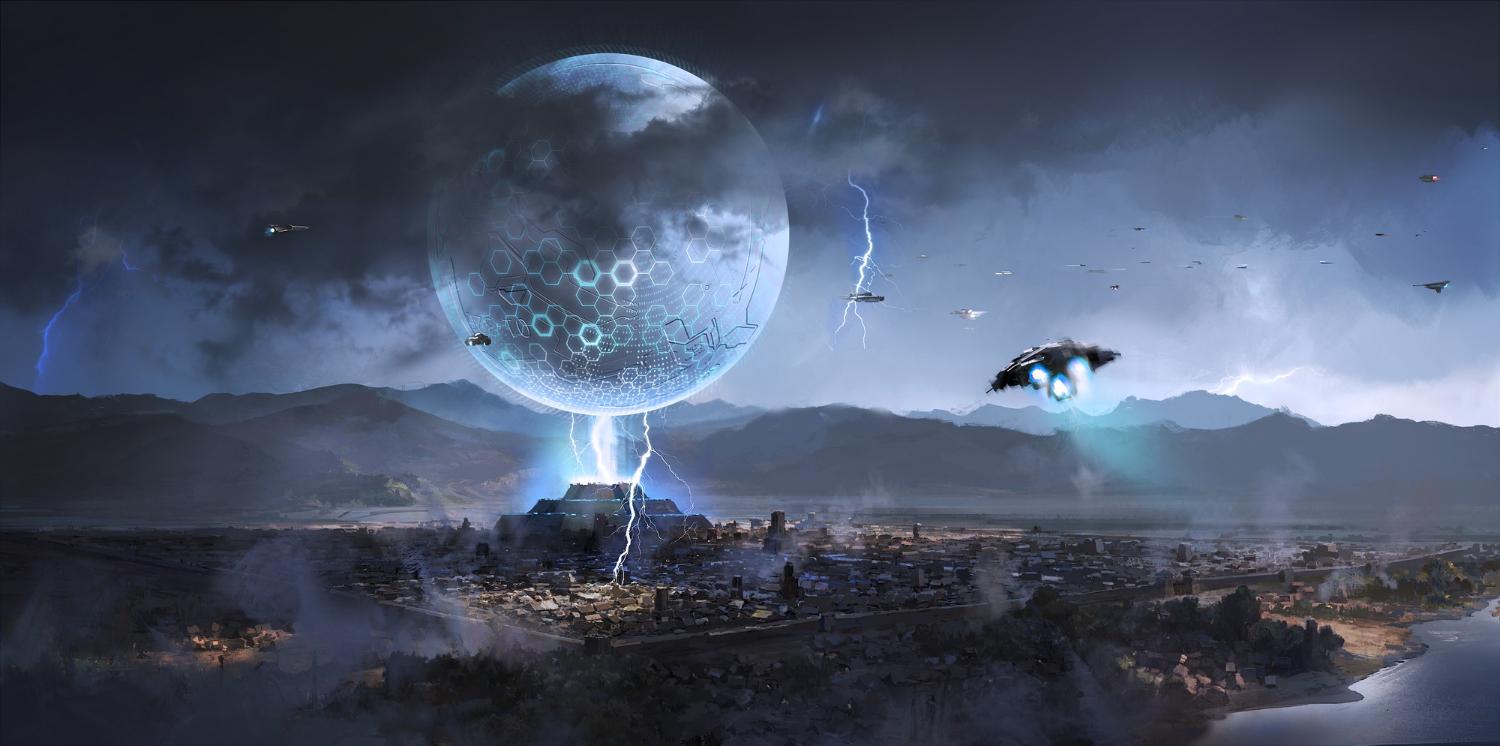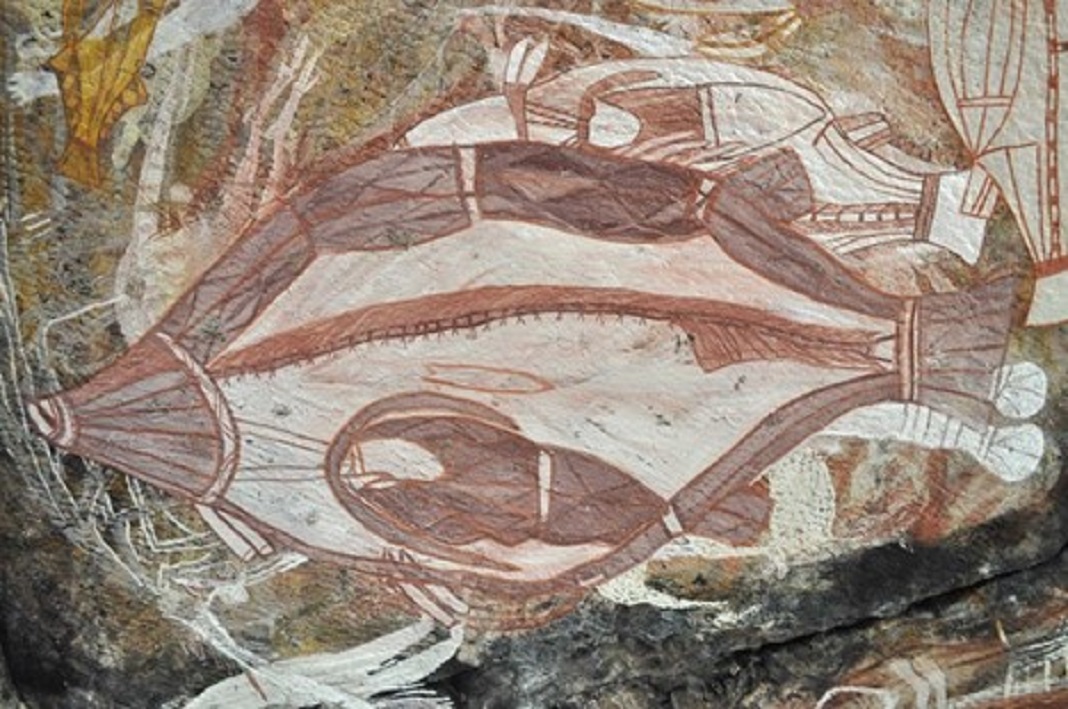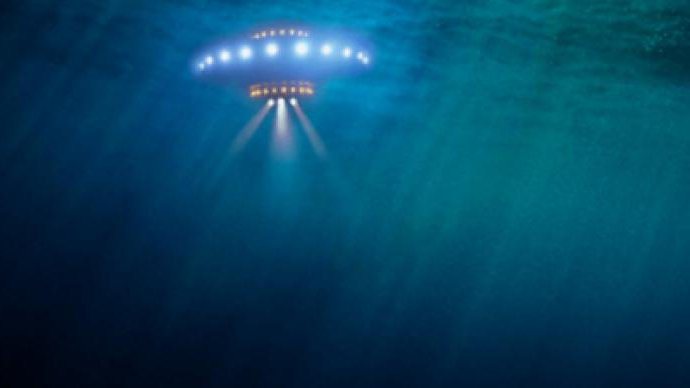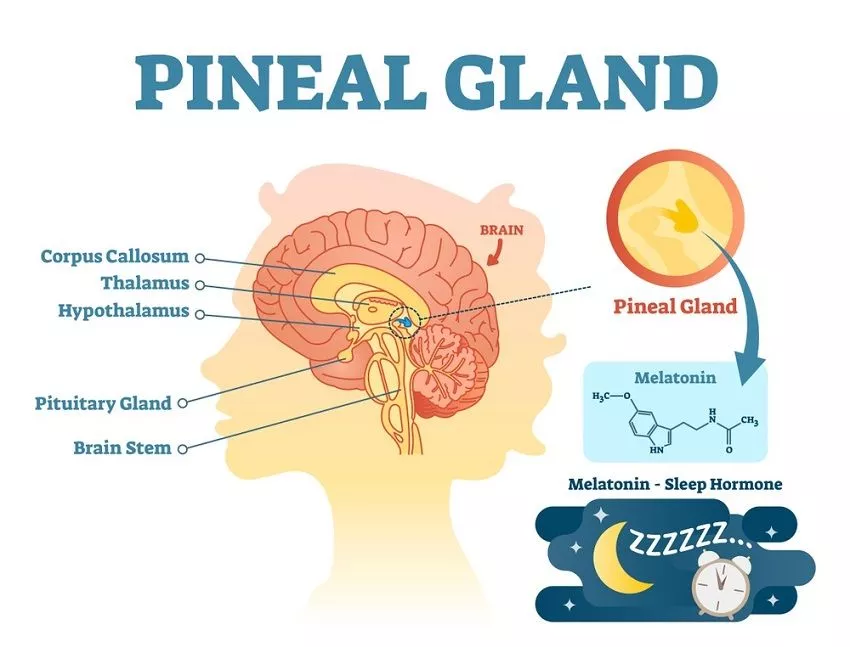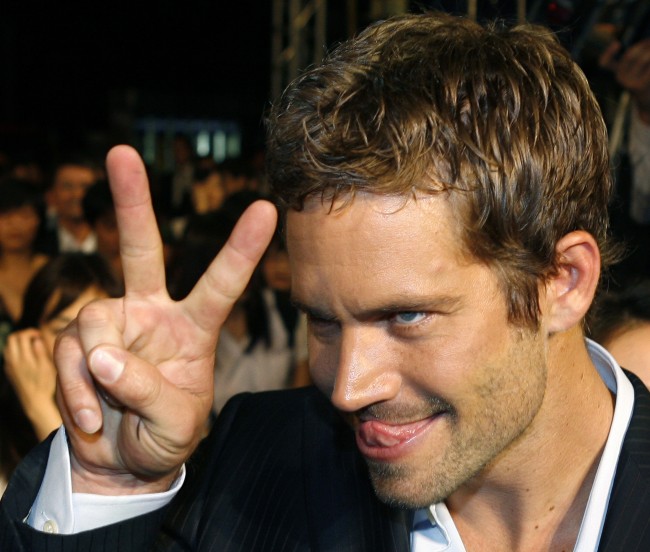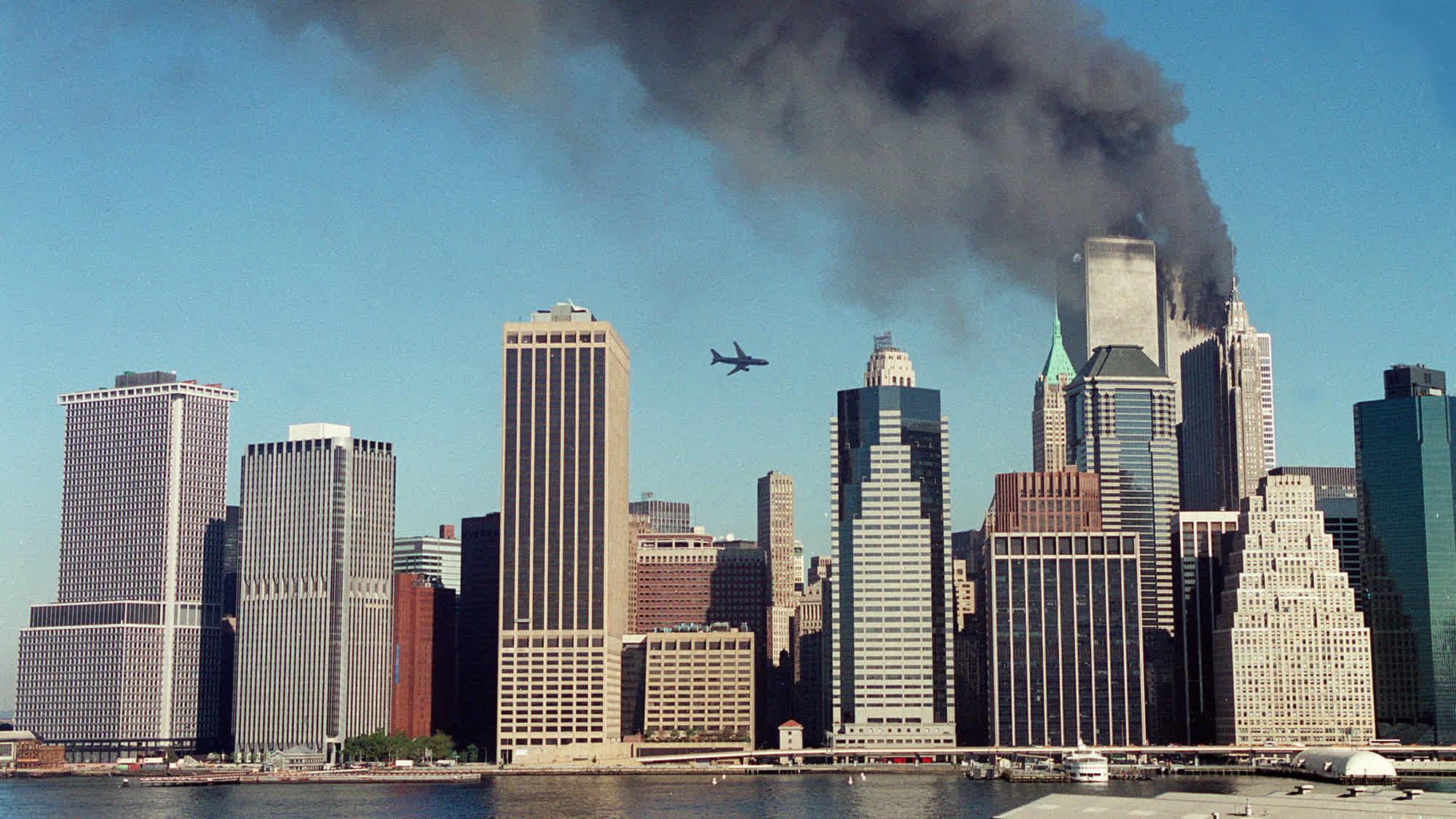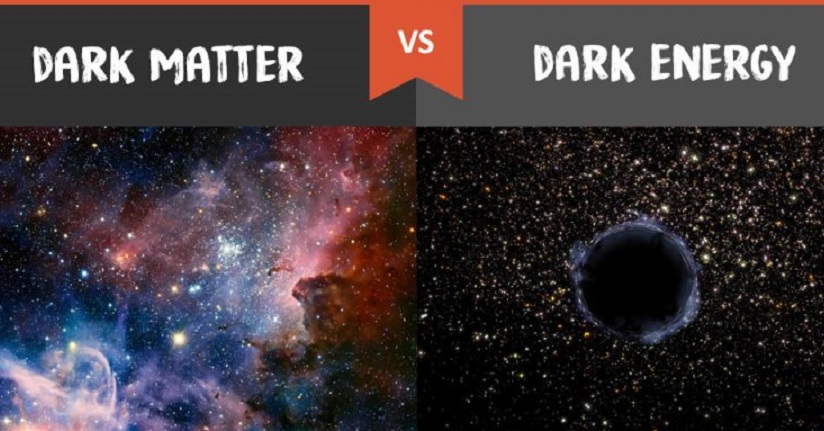On November 22, 1963, President John F. Kennedy was assassinated in Dallas, Texas. This tragic event shocked the world and left a lasting impact on American history. More than half a century later, the debate over who was responsible for the assassination continues to generate interest and intrigue. Officially, Lee Harvey Oswald was charged with the crime.
However, numerous conspiracy theories have emerged over the years, challenging the official account and suggesting that powerful forces were at play. This article examines the various conspiracy theories surrounding JFK’s assassination, offering insight into the reasons they persist and the questions they raise.
The Official Account: Lee Harvey Oswald
The Warren Commission, established to investigate the assassination, concluded that Lee Harvey Oswald acted alone in killing President Kennedy. According to the official account, Oswald fired three shots from the Texas School Book Depository, one of which struck Kennedy in the head, proving fatal.
However, many people have questioned the findings of the Warren Commission and have pointed to various discrepancies in the evidence. This has given rise to a wide range of conspiracy theories.
The “Magic Bullet” Theory
One of the most famous conspiracy theories stems from the belief that a single bullet could not have caused the injuries sustained by both JFK and Texas Governor John Connally. This theory, often referred to as the “magic bullet” or “single bullet” theory, posits that a second shooter must have been involved in the assassination.
The House Select Committee on Assassinations (HSCA) later concluded that there was a high probability of a second shooter, based on an analysis of audio recordings from the scene. However, this finding remains controversial, and experts continue to debate the validity of the evidence.
The Mafia Connection
Another popular conspiracy theory suggests that the Mafia was responsible for JFK’s assassination. Proponents of this theory argue that Kennedy’s brother, Attorney General Robert Kennedy, had waged a war against organized crime, prompting the Mafia to retaliate.
Some also point to the alleged ties between the Kennedy family and organized crime, which may have soured and led to the assassination. While there is no concrete evidence linking the Mafia to JFK’s death, the theory has persisted due to the secretive nature of the criminal underworld and the many suspicious deaths of key witnesses and suspects in the years following the assassination.
CIA Involvement
Some conspiracy theorists believe that the Central Intelligence Agency (CIA) was involved in the assassination of President Kennedy.
This theory is based on the idea that JFK’s policies, such as his refusal to provide air support during the Bay of Pigs invasion, may have angered high-ranking CIA officials.
Additionally, the theory posits that the CIA’s involvement in numerous covert operations and regime change efforts during the Cold War could have provided the agency with the means and motive to orchestrate the assassination. While there is no direct evidence linking the CIA to JFK’s death, the secretive nature of the agency and its involvement in various controversial activities has fueled speculation.
The Military-Industrial Complex
Another theory suggests that JFK’s assassination was orchestrated by powerful elements within the military-industrial complex. According to this theory, Kennedy’s plans to de-escalate the Cold War and his push for disarmament may have threatened the profits of defense contractors and the military establishment.
As a result, these powerful interests may have conspired to eliminate JFK to ensure their continued influence and prosperity. While this theory remains largely speculative, it highlights the pervasive influence of the military-industrial complex on American politics and policy.
The Federal Reserve Conspiracy
A less mainstream theory proposes that JFK was assassinated due to his efforts to curtail the power of the Federal Reserve. This theory is based on the belief that Kennedy signed Executive Order 11110, which aimed to strip the Federal Reserve of its power to loan money to the US government at interest.
Proponents argue that this move threatened the financial interests of the banking elite, who then orchestrated the assassination to protect their control over the US monetary system. However, many experts have debunked this theory, stating that the executive order did not have a significant impact on the Federal Reserve’s authority and that the order’s intent was misinterpreted.
The Cuban Connection
Some conspiracy theories suggest that JFK’s assassination was carried out by Cuban agents, possibly with the support of the Soviet Union. These theories stem from the contentious relationship between the US and Cuba during Kennedy’s presidency, particularly in the aftermath of the failed Bay of Pigs invasion and the Cuban Missile Crisis.
The belief is that Cuban leader Fidel Castro may have ordered the assassination in retaliation for the numerous attempts on his life orchestrated by the CIA. While there is no definitive evidence to support this theory, it remains popular due to the ongoing tensions between the US and Cuba during the Cold War era.
The Umbrella Man
One of the most peculiar conspiracy theories surrounding JFK’s assassination is the “umbrella man” theory. This theory focuses on a man holding an open umbrella near the president’s motorcade, despite the sunny weather. Some believe that this individual was signaling to other conspirators or using the umbrella as a weapon to fire a dart at JFK, causing him to lean forward and making it easier for the fatal shot to be fired.
While the man was later identified as Louie Steven Witt, who claimed to have been protesting Kennedy’s policies, the unusual nature of his actions has fueled speculation and intrigue.
The assassination of President John F. Kennedy remains one of the most enduring mysteries in American history. Despite the official account that Lee Harvey Oswald acted alone, numerous conspiracy theories have emerged, implicating various individuals and groups in the crime.
While there is no definitive evidence to prove any of these theories, the persistent questions and discrepancies surrounding the case continue to fuel speculation and public interest. The debate over who really killed JFK may never be definitively resolved, but it serves as a reminder of the complexities and uncertainties that often lie beneath the surface of historical events.
